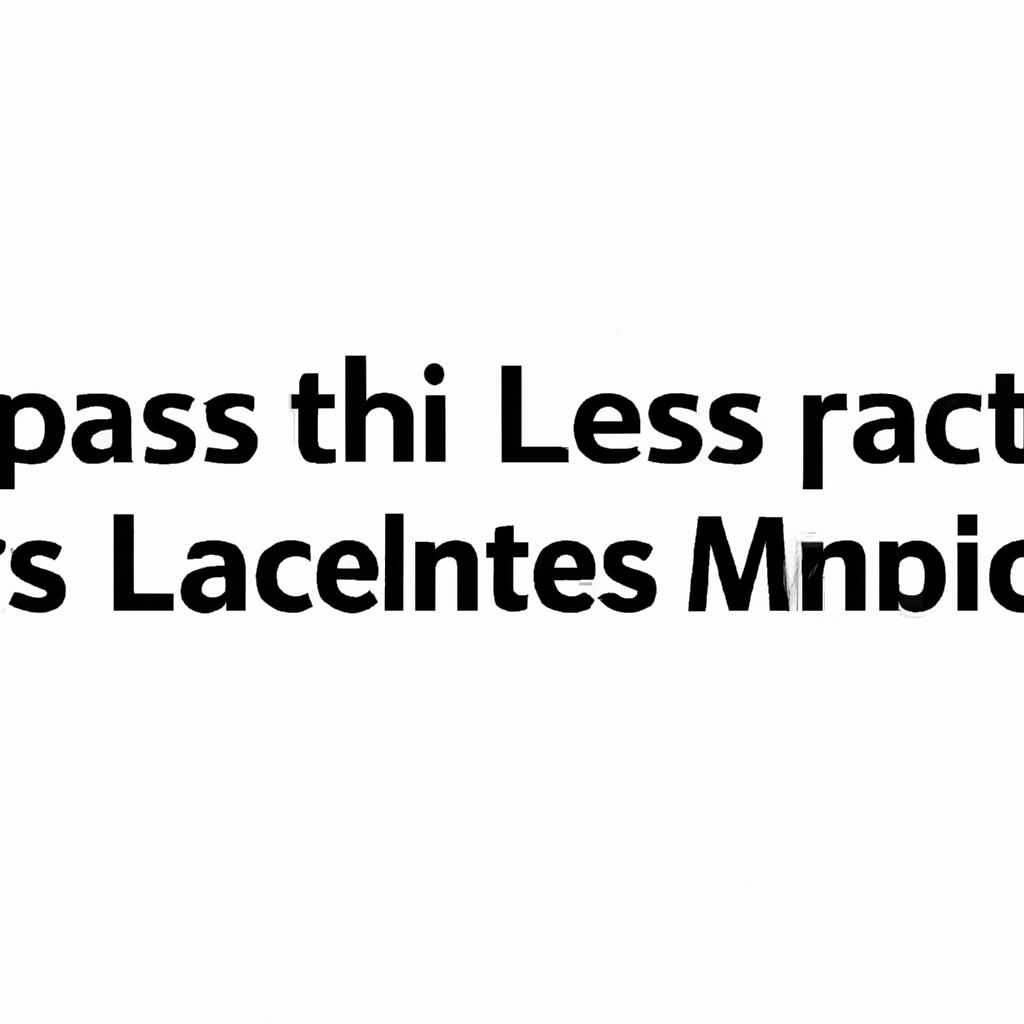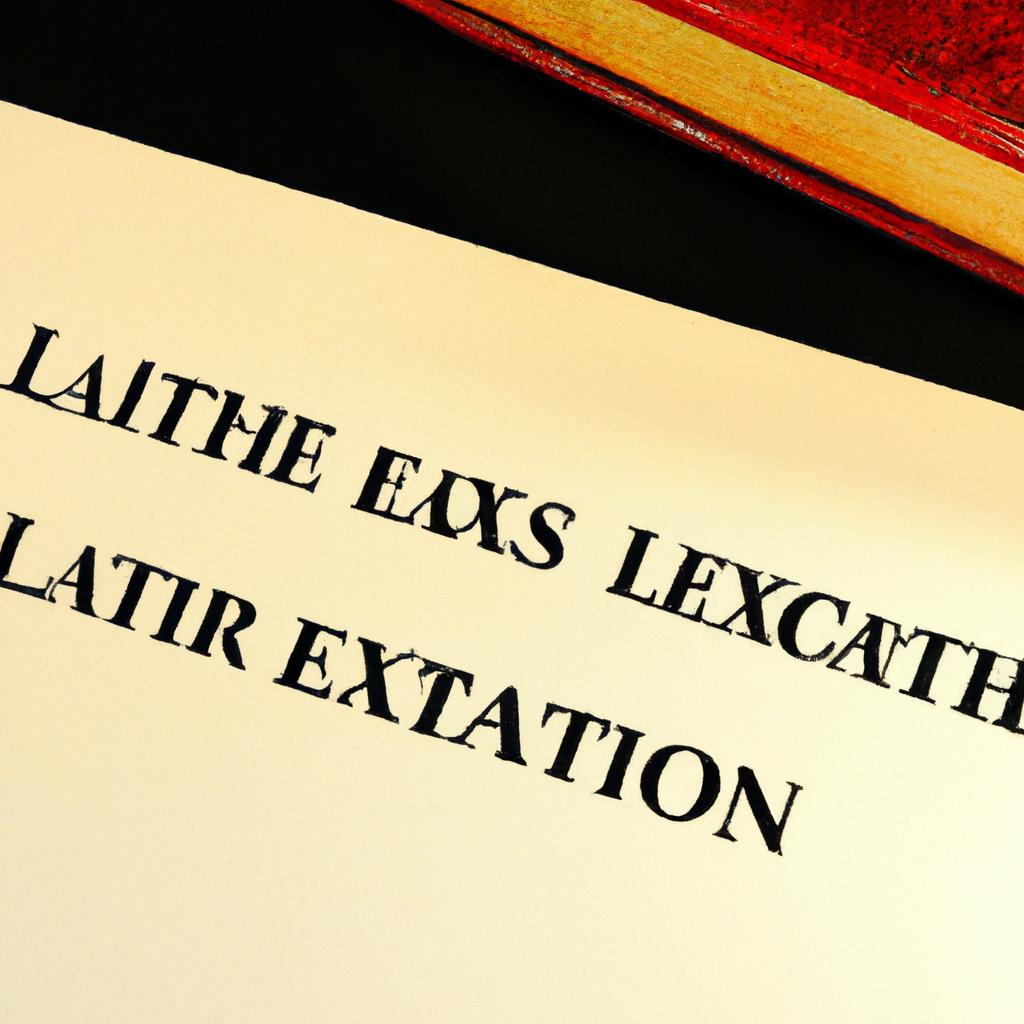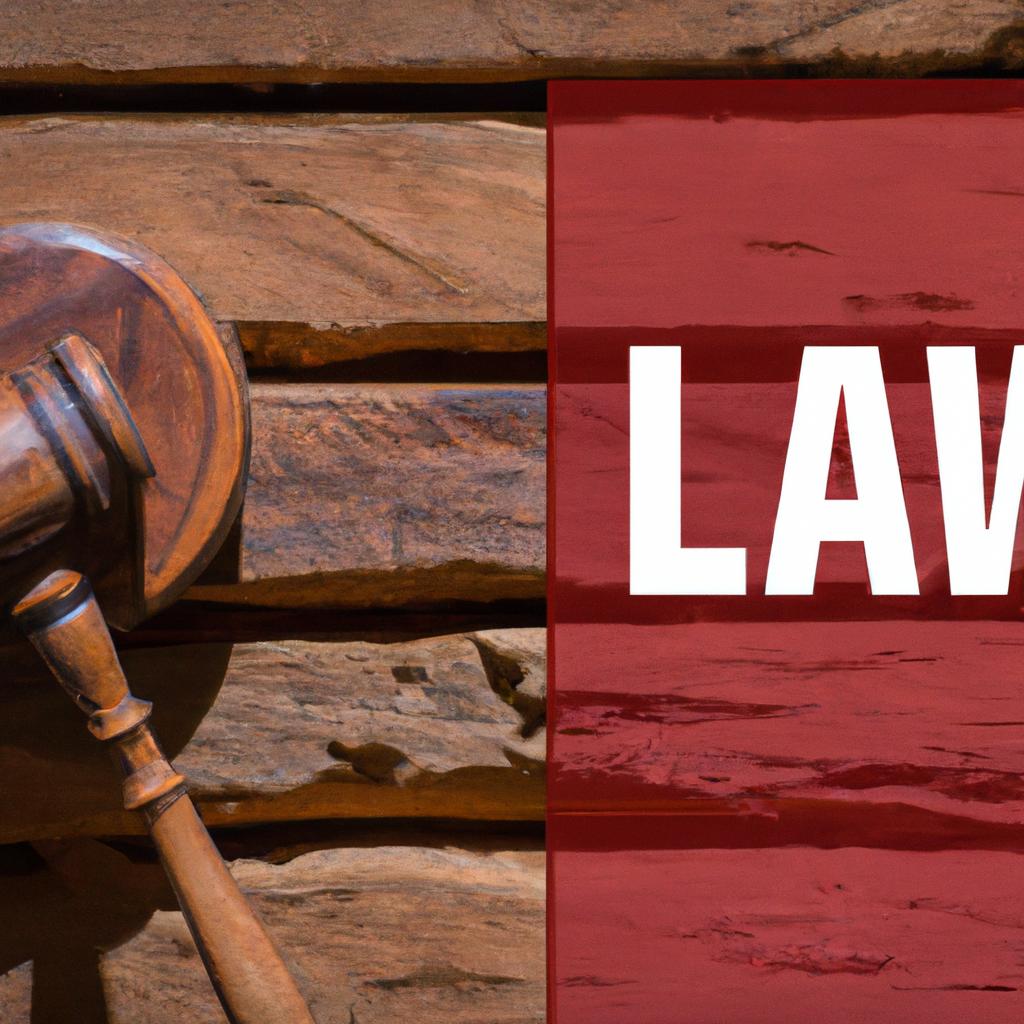In the intricate web of legal agreements governing real property, the untimely demise of a lessee can introduce complexities that may confound even the most seasoned of legal minds. As guardians of the law, it falls upon us to unravel the nuances of what befalls a lease agreement when a lessee meets their ultimate demise before the expiry of said lease. Join us as we delve into the intricacies of this oft-overlooked scenario, shedding light on the rights, responsibilities, and potential ramifications that arise in the wake of a lessee’s passing. In the realm of estate planning, probate, and the law of Wills and trusts, the intersection of life and death with the sanctity of lease agreements becomes a battlefield for legal acumen to prevail. Welcome to the legal labyrinth of what happens if the lessee dies before the expiry of the lease.
– Impact of Lessee’s Death on Lease Agreement
The death of a lessee can have significant implications on a lease agreement. In the event of the lessee’s death before the expiry of the lease, the following factors need to be considered:
- Assignment: The lease agreement may contain provisions regarding the assignment of the lease in the event of the lessee’s death. Depending on the language of the lease, the rights and obligations of the deceased lessee may pass to their estate or heirs.
- Termination: Some leases may include clauses that terminate the lease upon the death of the lessee. In such cases, the landlord may have the right to reclaim the property and repossess it. It is important to review the lease agreement to understand the specific terms and conditions in this situation.
In summary, the impact of a lessee’s death on a lease agreement can vary depending on the specific provisions outlined in the lease agreement. It is essential to carefully review the terms of the lease and seek legal advice to determine the appropriate course of action following the death of a lessee.
– Legal Implications and Rights of Estate Executors
The sudden death of a lessee can pose unique challenges when it comes to lease agreements. In such cases, the legal implications and rights of estate executors come into play. Executors are responsible for handling the lessee’s estate, including any lease agreements they may have been party to. It is important for executors to understand their rights and responsibilities in these situations.
When a lessee dies before the expiry of a lease, the estate executor may have several options to consider. These options may include:
- Continuing with the lease agreement
- Transferring the lease to a family member or beneficiary
- Terminating the lease agreement
Each option comes with its own set of legal implications, and it is important for estate executors to carefully review the terms of the lease agreement and seek legal guidance to determine the best course of action.

– Steps to Take to Ensure Smooth Transition and Compliance with Lease Terms
In the unfortunate event that the lessee passes away before the expiration of the lease agreement, there are specific steps that need to be taken to ensure a smooth transition and compliance with lease terms. Firstly, it is crucial to notify the landlord or property management company of the lessee’s passing as soon as possible. This communication should be done in writing, providing a copy of the death certificate for verification purposes.
Next, the executor or administrator of the lessee’s estate should review the lease agreement to determine the rights and responsibilities of both parties in the event of the lessee’s death. It is important to consult with a legal professional specializing in estate planning to understand the implications of the lease terms and how best to proceed. The executor or administrator may have the option to assign the lease to a beneficiary or terminate the lease early, depending on the specific circumstances and provisions outlined in the lease agreement.
| Steps to Follow: | Actions |
|---|---|
| 1. | Notify landlord or property management company in writing. |
| 2. | Provide copy of death certificate for verification. |
| 3. | Review lease agreement with legal professional. |
| 4. | Determine options for assignment or termination of lease. |

– Recommendations on Updating Estate Planning Documents for Future Protection
When a lessee passes away before the expiration of a lease agreement, there are several factors to consider in terms of legal and financial ramifications. It is essential to review the terms of the lease agreement, the laws in the jurisdiction where the property is located, and the estate planning documents of the deceased individual. Here are some key considerations:
- Review the lease agreement to determine if there is a clause addressing what happens in the event of the lessee’s death.
- Consult with an estate planning attorney to understand how the lease agreement will be treated as part of the lessee’s estate and the implications for the heirs or beneficiaries.
- Consider notifying the landlord or property owner of the lessee’s passing to discuss potential options for transferring or terminating the lease.
In certain cases, the lease agreement may need to be updated or transferred to the heirs or beneficiaries through the probate process. It is crucial to seek legal guidance to ensure that the rights and obligations of all parties involved are protected. Additionally, review the estate planning documents, such as a Will or trust, to determine if there are specific provisions related to the lease agreement or property ownership. By taking proactive steps and seeking professional advice, you can navigate the complex legal issues that may arise when a lessee dies before the lease term ends.
Q&A
Q: What happens to a lease if the lessee dies before its expiry?
A: The fate of a lease after a lessee’s death can vary depending on the specific circumstances and legal provisions in place.
Q: Can the lease be transferred to a family member or heir?
A: In some cases, the lease may be transferred to a family member or heir if they are willing and eligible to assume the responsibilities of the lessee.
Q: What happens if there is no provision for lease transfer in the original agreement?
A: If there is no provision for lease transfer in the original agreement, the lease may be terminated upon the lessee’s death.
Q: Are there any legal implications for the lessee’s estate?
A: The lessee’s estate may be responsible for any outstanding lease payments or obligations in the event of their death.
Q: How can a lessee plan for the fate of their lease in case of death?
A: It is advisable for a lessee to include provisions for lease transfer or termination in their estate planning to ensure a smooth transition for their beneficiaries.
Wrapping Up
While the thought of death is a morbid topic to ponder, it is important to consider all possible scenarios when entering into a lease agreement. In the unfortunate event that a lessee passes away before the expiry of their lease, it is crucial for their loved ones to understand their rights and responsibilities. By consulting legal professionals and reviewing the terms of the lease agreement, the transition process can be navigated smoothly and efficiently. Remember, being prepared for the unexpected is always key in any situation, even in the realm of leasing.


